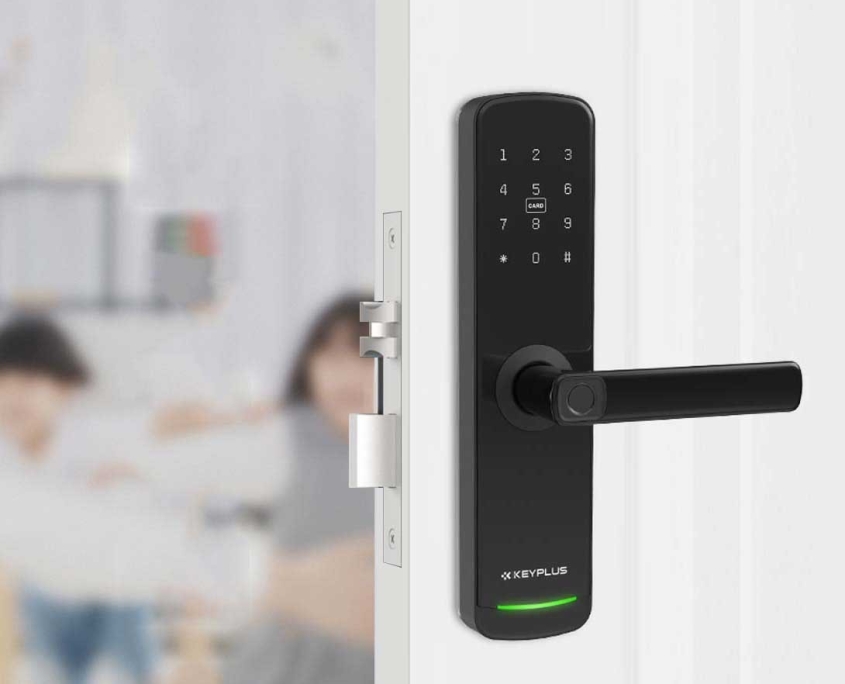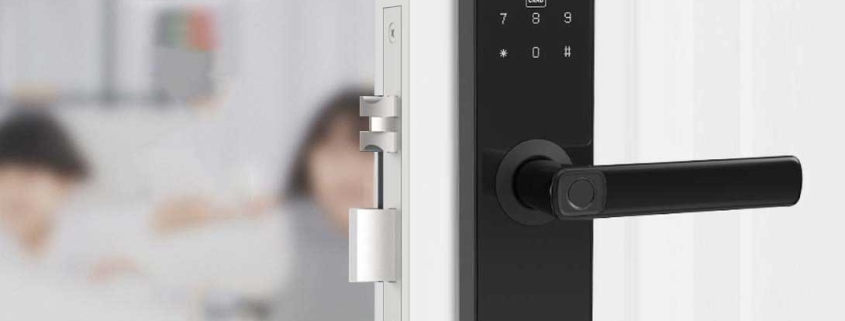Hotel Door Safety Locks – How They Give You a Sense of Safety and Security
When you check into a hotel, the last thing you want to worry about is whether your room is secure. Yet, with news stories about break-ins, unauthorized entries, and even human trafficking in hotels, travelers are rightfully concerned about safety.
This is where hotel door safety locks come in—a simple but critical feature that provides an extra layer of protection. Whether it’s a chain lock, deadbolt, or modern electronic lock, these devices are designed to give guests peace of mind.
But how exactly do they work? And what can you do to maximize your security while staying in a hotel?
In this article, we’ll cover:
-
The different types of hotel door safety locks
-
How they protect you from intruders
-
Why they’re essential for personal security
-
Additional steps to stay safe in a hotel room
By the end, you’ll know exactly how to use these locks effectively—and what to do if your room’s security seems inadequate.
Types of Hotel Door Safety Locks
Not all hotel locks are created equal. Some offer basic protection, while others are nearly impossible to bypass. Here are the most common types you’ll encounter:
1. Chain Locks (Security Latches)
-
How it works: A metal chain attaches to the door frame and slides into a latch on the door.
-
Protection level: Prevents the door from opening more than a few inches.
-
Best for: Stopping unauthorized entry when you’re inside the room.
2. Deadbolt Locks
-
How it works: A thick metal bolt extends into the door frame, making forced entry much harder.
-
Protection level: Stronger than a chain—requires significant force to break.
-
Best for: Adding an extra physical barrier against intruders.
3. Swing Bar Locks (Flip Locks)
-
How it works: A metal bar swings into place, blocking the door from opening.
-
Protection level: More durable than a chain—harder to force open.
-
Best for: Hotels that want a sturdier alternative to chains.
4. Electronic Locks (Keycard or Smart Locks)
-
How it works: Uses a keycard, smartphone app, or biometric scan to unlock the door.
-
Protection level: High—difficult to pick, and access can be tracked.
-
Best for: Modern hotels with advanced security systems.
5. Portable Travel Locks (For Extra Security)
-
How it works: Devices like door jammers, wedge alarms, or portable deadbolts that you bring yourself.
-
Protection level: Varies—some can withstand hundreds of pounds of force.
-
Best for: Travelers who want maximum security in any hotel.
Each of these locks serves a different purpose, but together, they create a multi-layered defense against unwanted entry.
How Hotel Door Locks Keep You Safe
1. Preventing Unauthorized Entry
Even if someone has a stolen or copied keycard, a chain or deadbolt lock stops them from entering. This is especially important in cases where:
-
Hotel staff accidentally enter the wrong room.
-
A previous guest still has an active keycard.
-
An intruder tries to force their way in.
2. Giving You Time to React
If someone tries to open your door, a properly engaged chain or swing bar will:
-
Make a loud noise if forced.
-
Slow down the intruder, giving you time to call security or defend yourself.
3. Protecting Against “Door Pusher” Thefts
Some thieves quickly push open doors when guests answer, rushing in to steal valuables. A chain lock prevents this by limiting how far the door can open.
4. Ensuring Privacy from Housekeeping & Staff
Even in reputable hotels, staff may enter at inconvenient times. A locked deadbolt or chain signals that you’re in the room and don’t want to be disturbed.
5. Deterring Criminals Altogether
Most thieves look for easy targets. Visible locks (like chains or swing bars) make your room a harder target, so they’ll likely move on.

Are Hotel Locks Enough? Potential Weaknesses
While hotel door locks improve safety, they aren’t foolproof. Some risks include:
1. Weak or Poorly Installed Locks
-
Some chains are screwed in weakly and can be ripped out.
-
Cheap deadbolts may not fully extend into the door frame.
2. Keycard Hacking & Cloning
-
High-tech thieves can clone RFID keycards.
-
Always use the deadbolt or chain even if the door is “locked.”
3. Maintenance Overrides
-
Some hotels have master keys or emergency overrides that can bypass electronic locks.
-
A portable door lock adds an extra layer they can’t bypass.
4. Ground-Floor Risks (Windows, Balconies, Connecting Doors)
-
If you’re on the first floor, check windows for locks.
-
Avoid rooms with connecting doors unless necessary.
How to Maximize Your Hotel Room Security
1. Always Use All Available Locks
-
Engage the deadbolt + chain/swing bar every time you’re in the room.
-
Don’t rely only on the automatic lock.
2. Test the Locks Immediately
-
When you enter, check if the chain is sturdy.
-
Make sure the deadbolt fully extends.
3. Bring Your Own Portable Lock
-
Door jammers physically block the door.
-
Alarm wedges sound a siren if the door is forced open.
4. Verify Visitors Before Opening
-
Use the peephole to confirm who’s outside.
-
If someone claims to be hotel staff, call the front desk to verify.
5. Choose Safer Rooms
-
Request a room above the first floor (harder to break into).
-
Avoid rooms near emergency exits (can be accessed by intruders).
6. Use the “Do Not Disturb” Sign Strategically
-
Leaving it on even when you’re out can deter thieves.
Final Thoughts: A Small Step for Big Peace of Mind
Hotel door locks are your first line of defense against intruders. While no system is 100% unbreakable, using all available locks + portable devices drastically improves your safety.
Key Takeaways:
Always use the chain, deadbolt, or swing bar—even if the door “auto-locks.”
Test locks when you arrive—report weak ones to management.
Consider bringing a portable door lock for added security.
Stay aware—verify visitors and choose safer room locations.
By taking these precautions, you can sleep easier knowing your hotel room is as secure as possible.









